Healthy Substitutes for Vitamin Supplements
4 minuteRead

Did you know that getting essential vitamins for the body in an adequate amount will lower your risk of falling sick and also dying early? Obviously, you did! But did you know that only when those vitamins came from food and not supplements? Hard to process, right?
As per the research published in 2019 in the Annals of Internal Medicine, Nutrients consumed via supplements do not improve health and longevity as effectively as those consumed through foods. As a matter of fact, some supplements come with a number of health risks. Consumers of high doses of certain supplements have 53% higher chances of dying through cancer than non-consumers.
Globally, more than two billion people suffer from micronutrient deficiency, according to the World Health Organization (WHO). More than 80% of these are dependent on supplements even they can switch to a balanced diet with minimal effort. Vitamins are best delivered to your body through a balanced diet. A handful of pills cannot duplicate the vitamins and other essential elements for the body like fiber and antioxidants contained in whole foods like fruits and vegetables.
Who doesn't wish to have healthy skin, hair, and eyes? We all want a complete body and desirable hair and skin. The letters and figures that describe the world of healthy food might be intimidating for those of us who aren't nutritionists, dieticians, or organic health specialists. One thing is certain: before turning to supplements, doctors recommend nourishing your body with nutritious foods. The best choice is to eat a well-balanced diet that includes as many whole foods as possible — if you need help, here's a rundown of which vitamin corresponds to which whole food source.
1. Vitamin A
Functions and Benefits: Vitamin A plays a crucial role in the growth and cell development. It facilitates healthy eyes, skin, hair, gums, glands, bones, and teeth. It also prevents night blindness and lung cancer.
Healthy Source:
For Vegetarians: Carrots, Sweet potatoes, Cantaloupe melons, Mangoes
For Non-Vegetarians: Salmon, Cold-water fish, Egg yolks
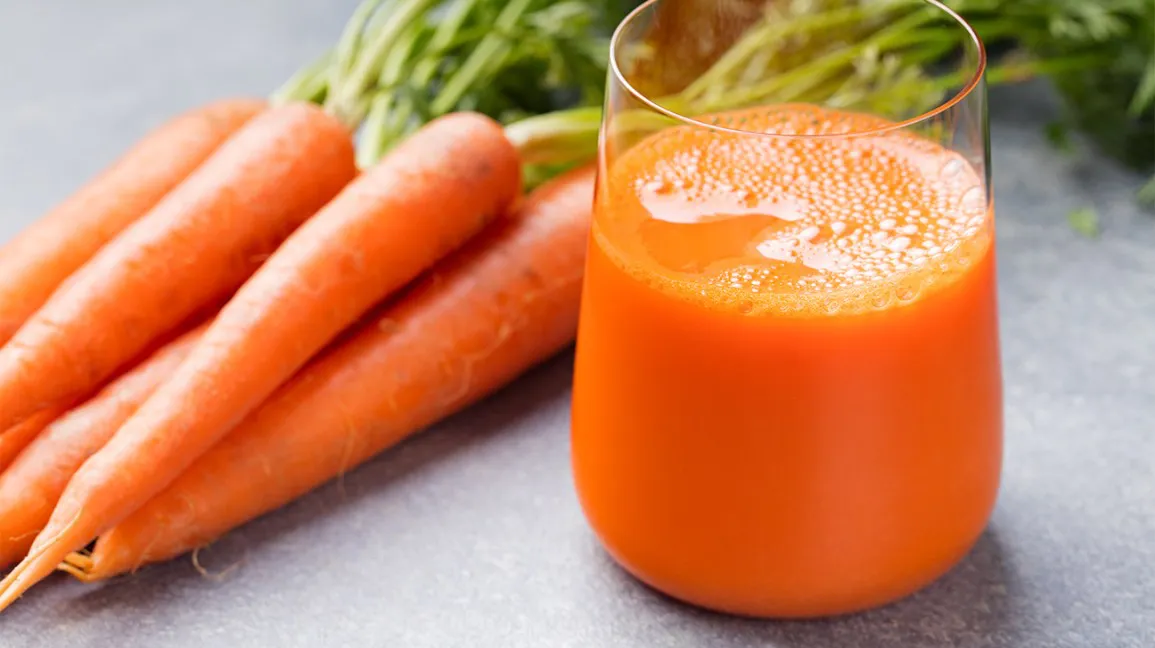
2. Vitamin B
Functions and Benefits: It is a key player in energy production, immune function, and iron absorption in the body. B vitamins are a crucial group of water-soluble vitamins. The different B vitamins are thiamine (vitamin B1), riboflavin (vitamin B2), niacin (vitamin B3), pantothenic acid (vitamin B5), pyridoxine (vitamin B6), biotin, folic acid, and cobalamins (vitamin B12).
Healthy Source:
For Vegetarians: Plain Yogurt, Sunflower seeds, Whole grains, Potatoes, Lentils, Chili Peppers, Beans, Yeast, Molasses, Bananas, Black-eyed peas,
For Non-Vegetarians: Beef, Chicken, Meat
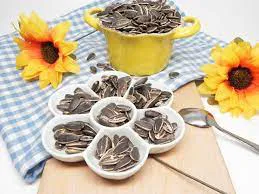
3. Vitamin C
Functions and Benefits: Vitamin C acts as an antioxidant. It protects the skin cells from the damage caused by free radicals. It strengthens blood vessels and helps prevent and treat cold.
Healthy Source:
For Vegetarians: Strawberries, Orange, Kiwi, Papaya, Pineapple, Bell peppers, Broccoli, Guava
For Non-Vegetarians: Studies have shown that Vitamin C is destroyed when heated. Hence they are present in meat (in their liver) but cannot be consumed raw so there is no non-vegetarian source available for this vitamin.
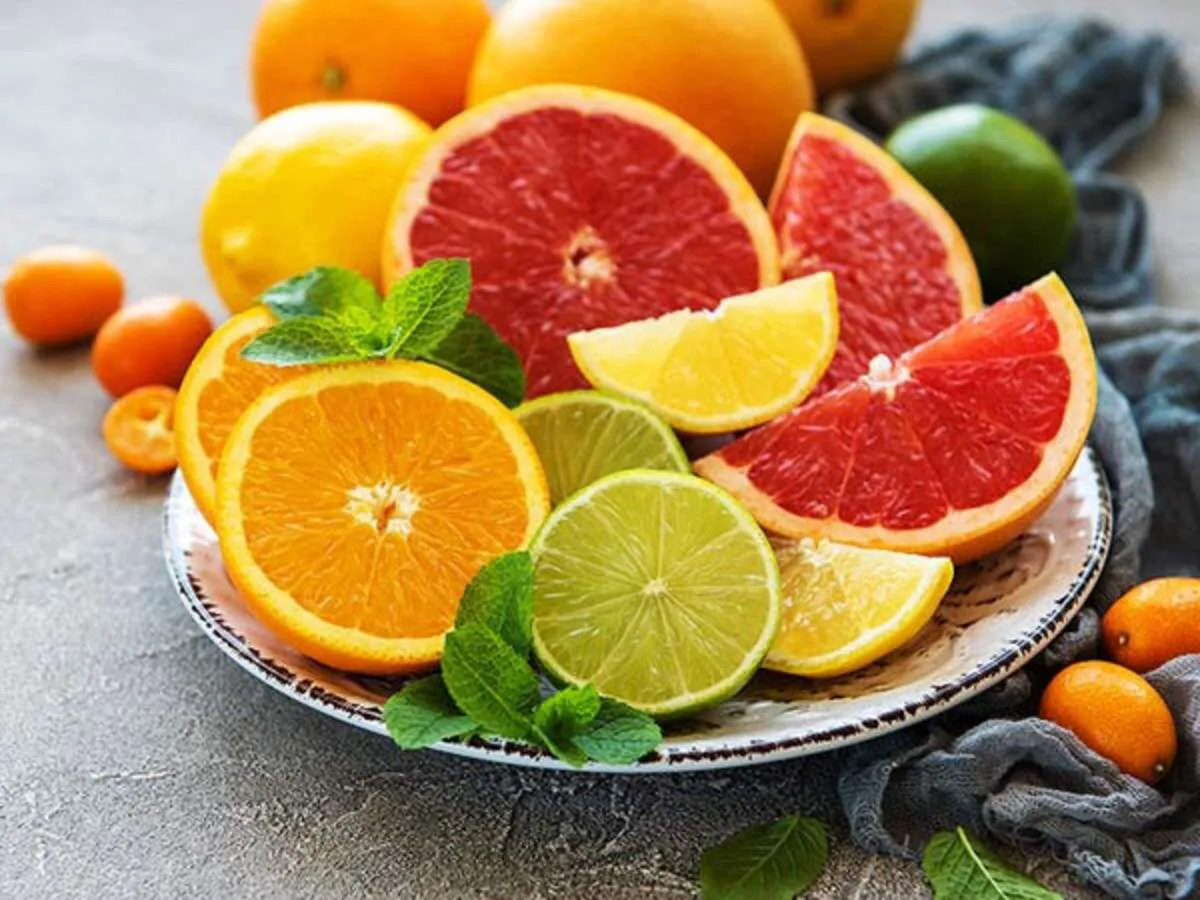
4. Vitamin D
Functions and Benefits: Vitamin D aids calcium absorption in the body. It is essential for strong bones and teeth. It reduces inflammation. Sufficient levels of Vitamin D in your body help you fight infections of all kinds.
Healthy Source:
The best would be to spend a few minutes in sunlight. Soaking the sunlight will stimulate the production of Vitamin D in the body.
For Vegetarians: Milk, Butter, Soya, Rice, Mushroom, Cheese
For Non-Vegetarians: Egg yolks, Fish
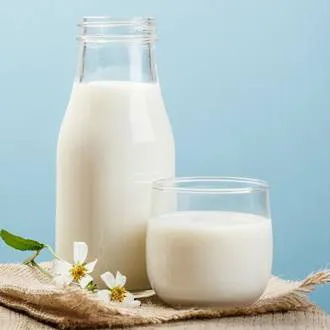
5. Vitamin E
Functions and Benefits: Vitamin is an important antioxidant that maintains muscles and red blood cells. It is responsible for healthy blood circulation in the entire body.
Healthy Source:
For Vegetarians: Almonds, Sunflower seeds, Tomatoes, Nuts, Cereals, Vegetable Oils
For Non-Vegetarians: Eggs, Mayonnaise
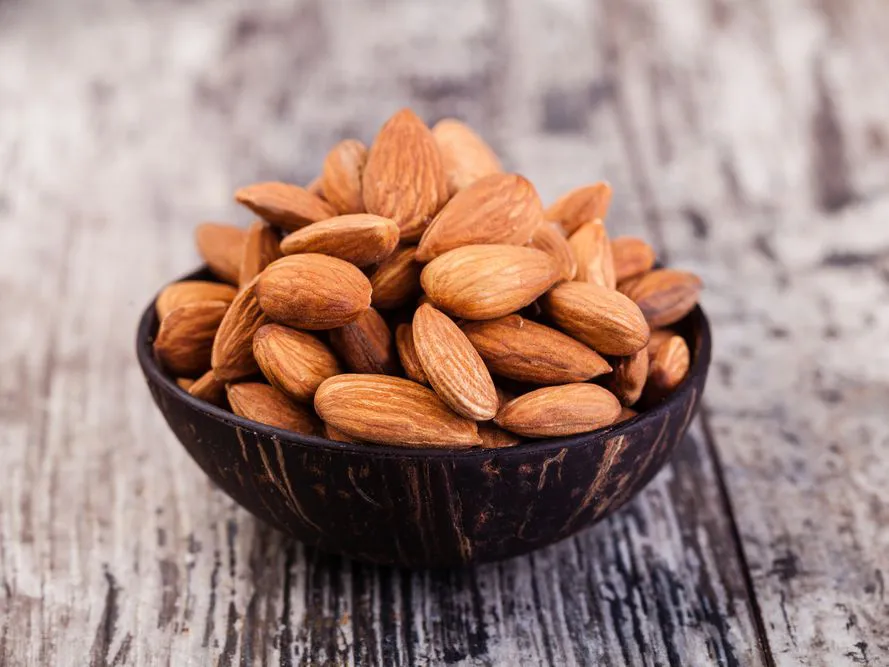
6. Vitamin K
Functions and Benefits: Vitamin K is a group of vitamins vital to blood clotting and wound healing.
Healthy Source:
For Vegetarians: Broccoli, Spinach, and all other green leafy vegetables, Sprouts, Blueberries, Beans, Legumes, Avocados, Cashews, Nuts, Pomegranates,
For Non-Vegetarians: Bacon, Pork Liver, Beef Liver
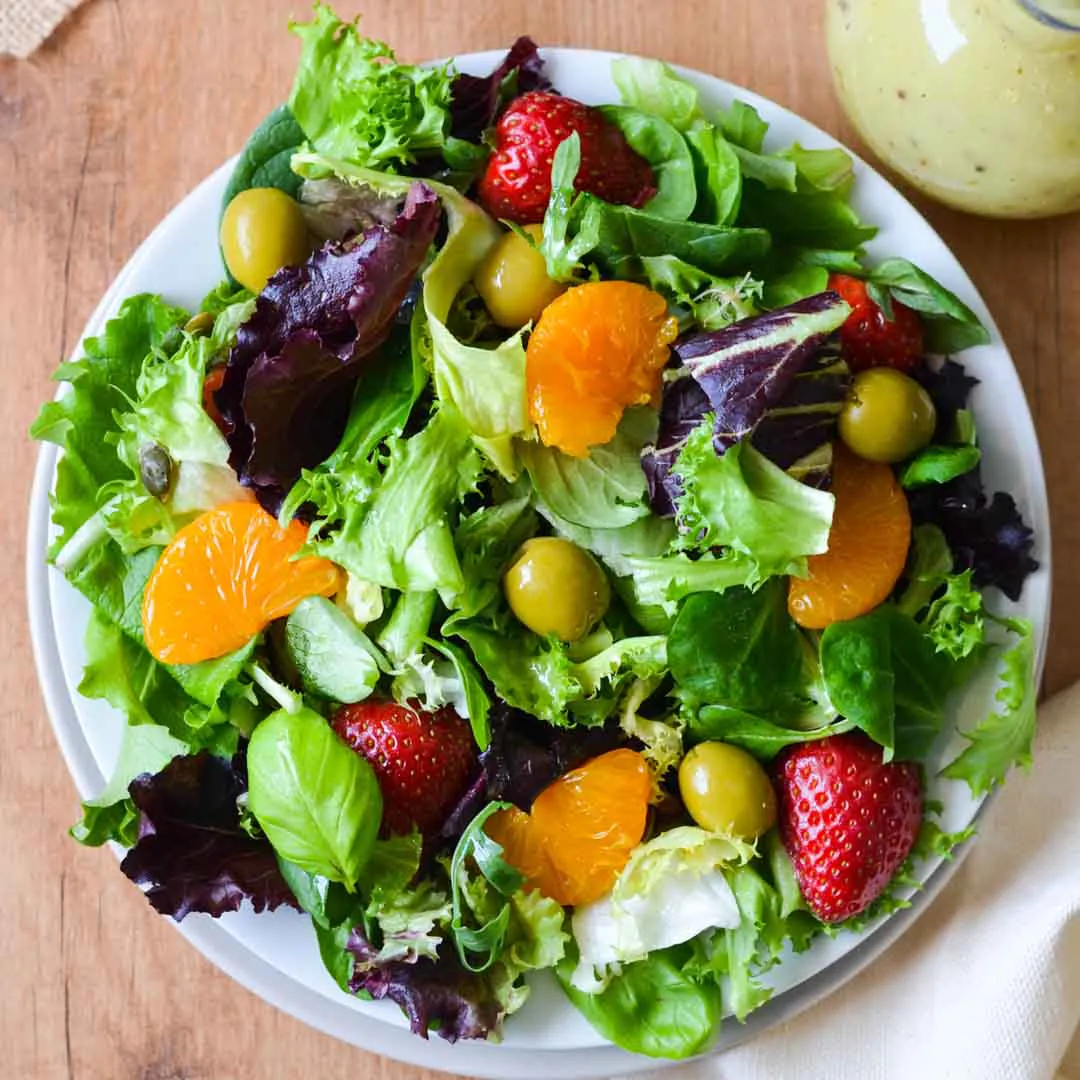
We are living in not the fast, or faster but the fastest times. We have surrendered and have deeply adapted the culture of instant gratification. Everything we want has to be as simple, easy, and quick as a touch of a button. When it comes to taking care of your health physically or mentally this is not possible. It requires time, attention, and understanding. There is no other healthy way to be healthy.
Supplements are designed to correct the deficiency, not replace food. Let's say you're taking a vitamin C supplement. One substance would be delivered: vitamin C. Compare this to eating broccoli, which is naturally abundant in vitamin C. Broccoli not only provides vitamin C, but also other vitamins and minerals, phytonutrients, fiber, potassium, protein, calories, and hydration to your body. Even though the body uses vitamin C from broccoli in the same way it would from a vitamin C supplement, it also receives a variety of other nutrients from broccoli that aren't in the supplement.
Hippocrates has made an amazingly accurate point on this
“Let food be thy medicine, thy medicine shall be thy food”.
Give it a thought!
Write, Record and Answer! Consume Unlimited Content! All you need to do is sign in and its absolutely free!
Continue with one click!!By signing up, you agree to our Terms and Conditions and Privacy Policy.










